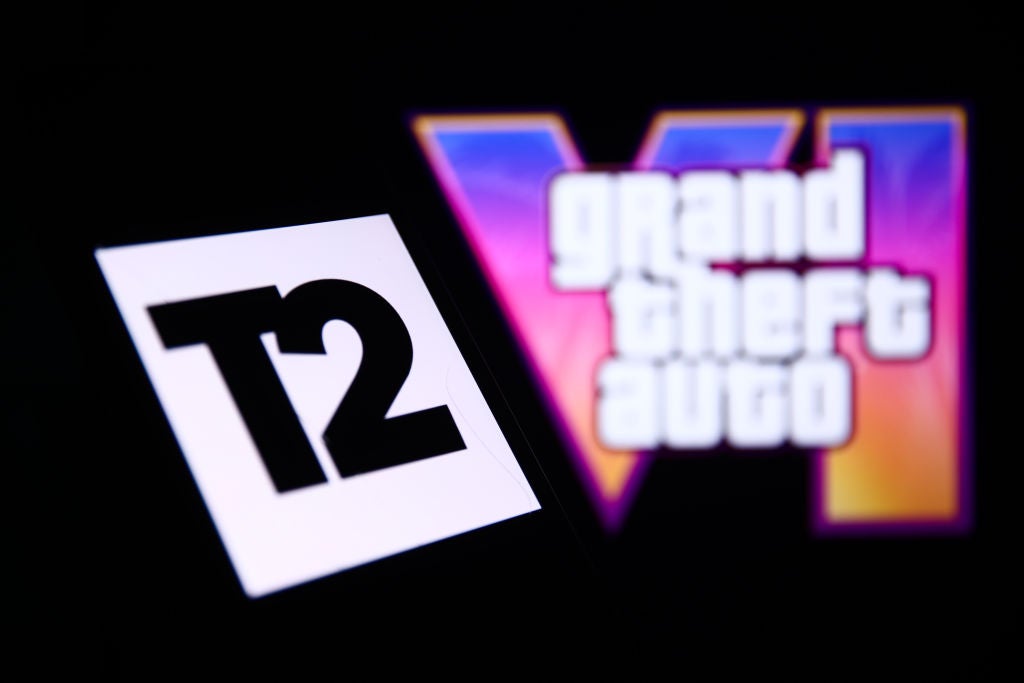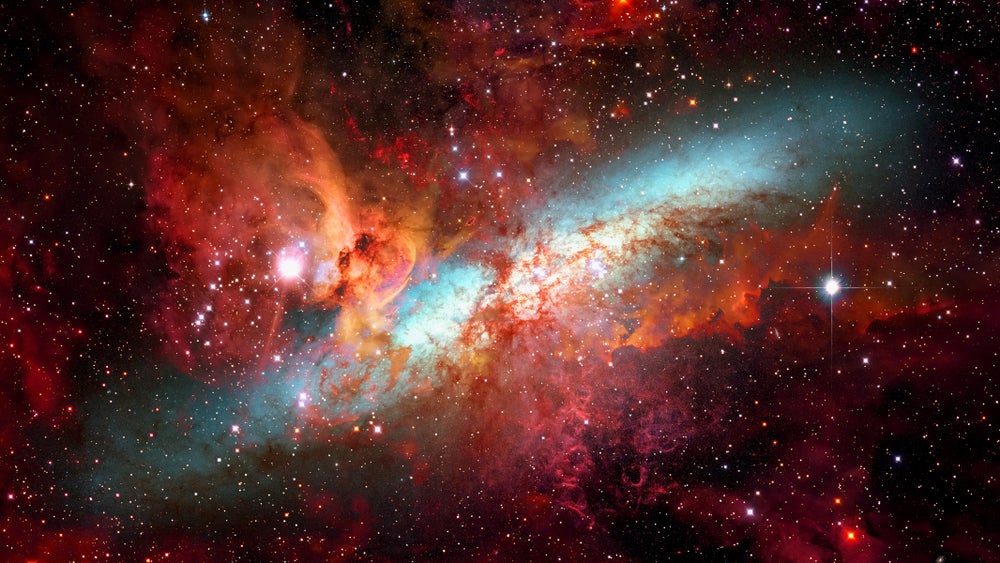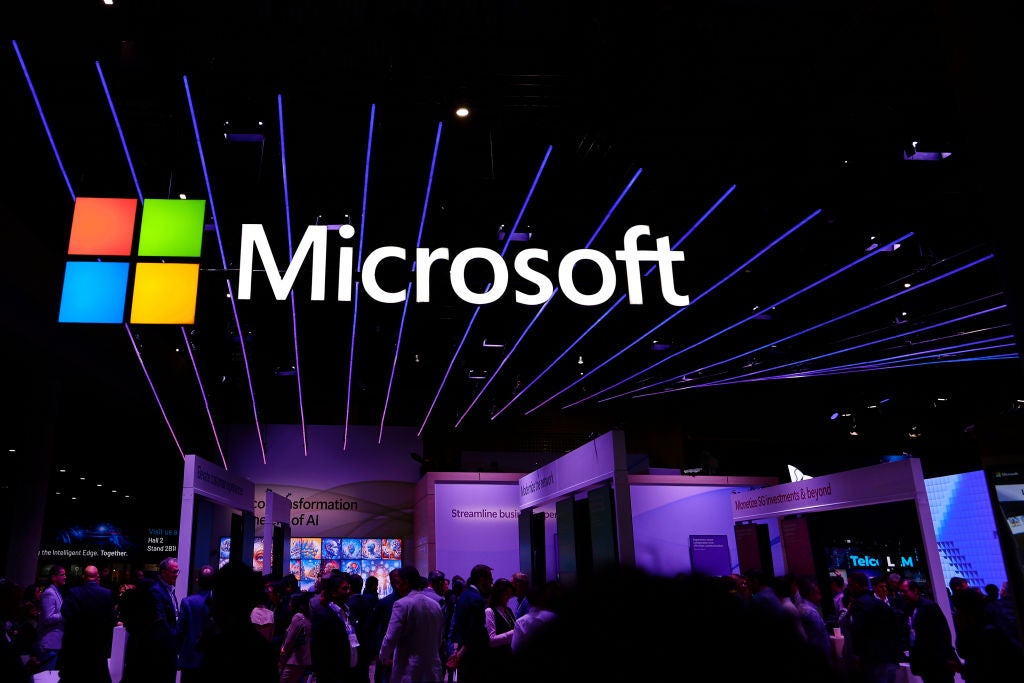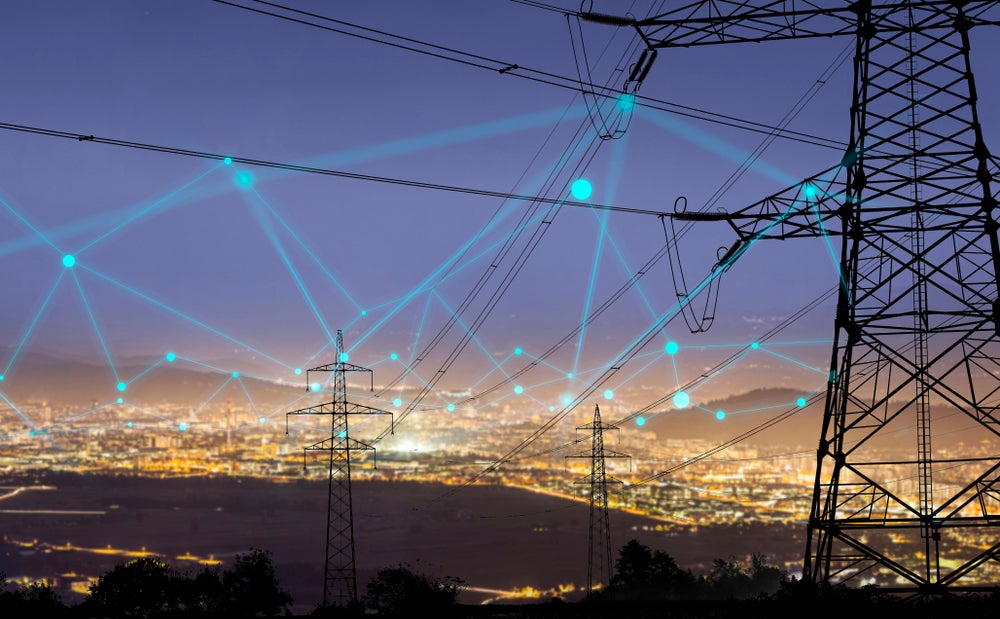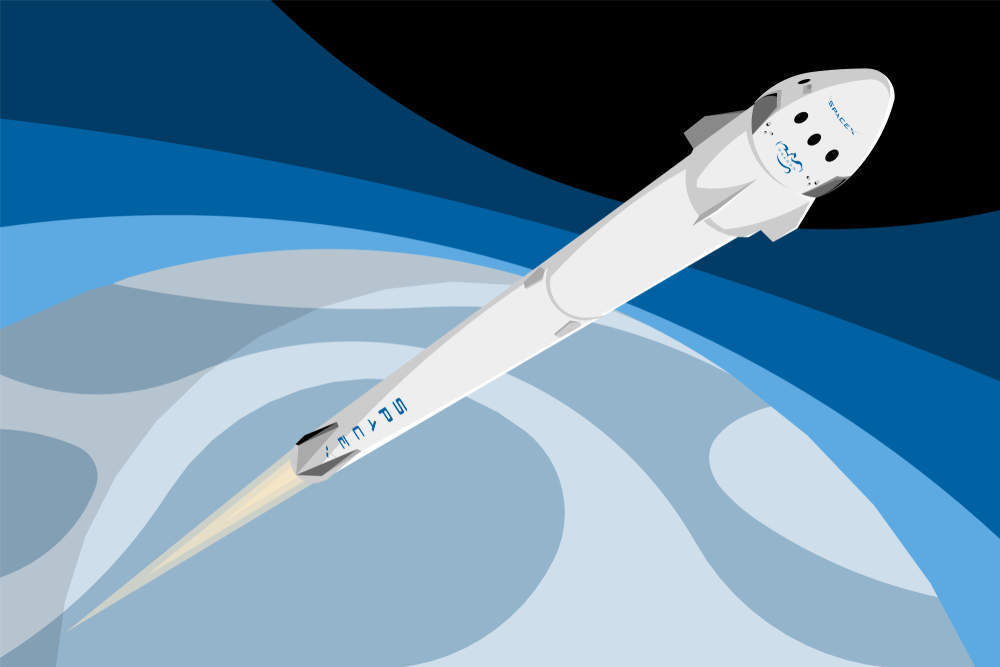
Sir Richard Branson is favourite to reach the stars first in the commercial space race, ahead of Jeff Bezos and Elon Musk, on-board Virgin Galactic’s SpaceShip Two.
The commercial space race is a three-way battle between Branson’s Virgin, Amazon founder Bezos, and Tesla’s Musk, who own space startups Blue Origin and SpaceX respectively.
Branson revealed yesterday that Virgin Galactic would begin testing its spacecraft in space “within weeks, not months”. Likewise, he also said that he will travel outside of the atmosphere “in months and not years”, with commercial flights to begin “not too long after”.
Bookmaker Paddy Power responded by making Virgin Galactic 1/3 favourites to send a commercial passenger to space ahead of SpaceX (4/1) and Blue Origin (6/1). Likewise, Branson is now 1/5 favourite to beat Musk (6/1) and Bezos (12/1) to space.
A Paddy Power spokesperson said:
“It’s ramping up – and some famous jockeys are battling to be first past the post. Sir Richard Branson is the starting price favourite, in what would be another high-profile defeat for Elon Musk.”
How well do you really know your competitors?
Access the most comprehensive Company Profiles on the market, powered by GlobalData. Save hours of research. Gain competitive edge.
 Company Profile – free sample
Company Profile – free sampleThank you!
Your download email will arrive shortly
Not ready to buy yet? Download a free sample
We are confident about the unique quality of our Company Profiles. However, we want you to make the most beneficial decision for your business, so we offer a free sample that you can download by submitting the below form
By GlobalData
But where is each company at in its attempts to send tourists off-planet?
Virgin Galactic
Testing start: October 2010 (Enterprise), September 2016 (Unity)
Expected commercial start: 2019
Unveiling the first Virgin Galactic spacecraft in July 2008, Branson set the original departure date for January 2010. That has since been pushed back numerous times. The company has since set launch dates in 2011, 2013, 2015 and 2018. Branson’s latest comments suggest that commercial flights will now begin in 2019.
Virgin Galactic spacecrafts have undergone stringent testing and numerous redesigns since that first unveiling. However, a 2014 accident almost put the brakes on Virgin’s attempts to reach space. A test SpaceShip Enterprise crashed down in the Mojave Desert, killing one crew member and injuring the other after an air-braking descent device deployed at the wrong time.
Despite the setback, Virgin redeveloped the SpaceShip, eventually unveiling the SpaceShip Two Unity in February 2016.
Test flights began in September 2016 and 13 more have since been carried out. The latest test flight saw a Virgin Galactic craft reach the mesosphere, the layer beyond the earth’s stratosphere, for the first time.
Branson has now stated that Unity will go one step further within a matter of weeks, reaching the thermosphere and passing beyond the 100km mark that is required for a spaceflight to be considered sub-orbital.
SpaceX
Testing start: 2019
Expected commercial start: 2023
SpaceX has had many successes in recent years, becoming the first private company to reach the International Space Station, the first company to return a spacecraft from low Earth orbit, and the first company to reuse a rocket. However, Musk’s aerospace company has yet to crack the commercial space race.
While it leaves them trailing the pack in the commercial space race, SpaceX has set its sights a little further than its rivals. Rather than just orbiting earth, the company wants to send space tourists around the moon.
The company hopes to begin commercial flights by 2023, as revealed last month with the unveiling of Japanese billionaire Yusaku Maezawa as the first space tourist set to fly on-board a SpaceX craft.
Maezawa’s trip will be powered by SpaceX’s Big Falcon Rocket (BFR), which is being developed to one day carry humans to Mars in the hopes of starting an off-planet colony.
Initially unveiled in 2016, the BFR has since undergone numerous redesigns as SpaceX works to create a system that is “capable of getting from Earth to anywhere in the Solar System”.
Musk revealed in March that a prototype spacecraft is currently in development, with test flights scheduled to begin in 2019.
Blue Origin
Testing start: April 2015
Expected commercial start: N/A (tickets set to go on sale in 2019)
Bezos has been working towards space flight since 2005 and originally intended to have Blue Origin spacecrafts in the air by 2012. The company missed that deadline, but testing of its New Shepard spacecraft has been underway since April 2015. The craft has since undergone eight more flights, reaching heights of up to 120km.
Blue Origin announced that it could begin flying passengers as early as 2018. While that has yet to happen, the company has signed deals with a number of business customers to launch satellites into orbit.
While time is running out, the company insisted in June that passenger tests would begin in 2018. The company has yet to set an official commercial launch date. However, it has announced that tickets will go on sale in 2019.
Similar to Virgin Galactic, New Shepard will launch passengers into earth’s orbit at a height of around 100km.




